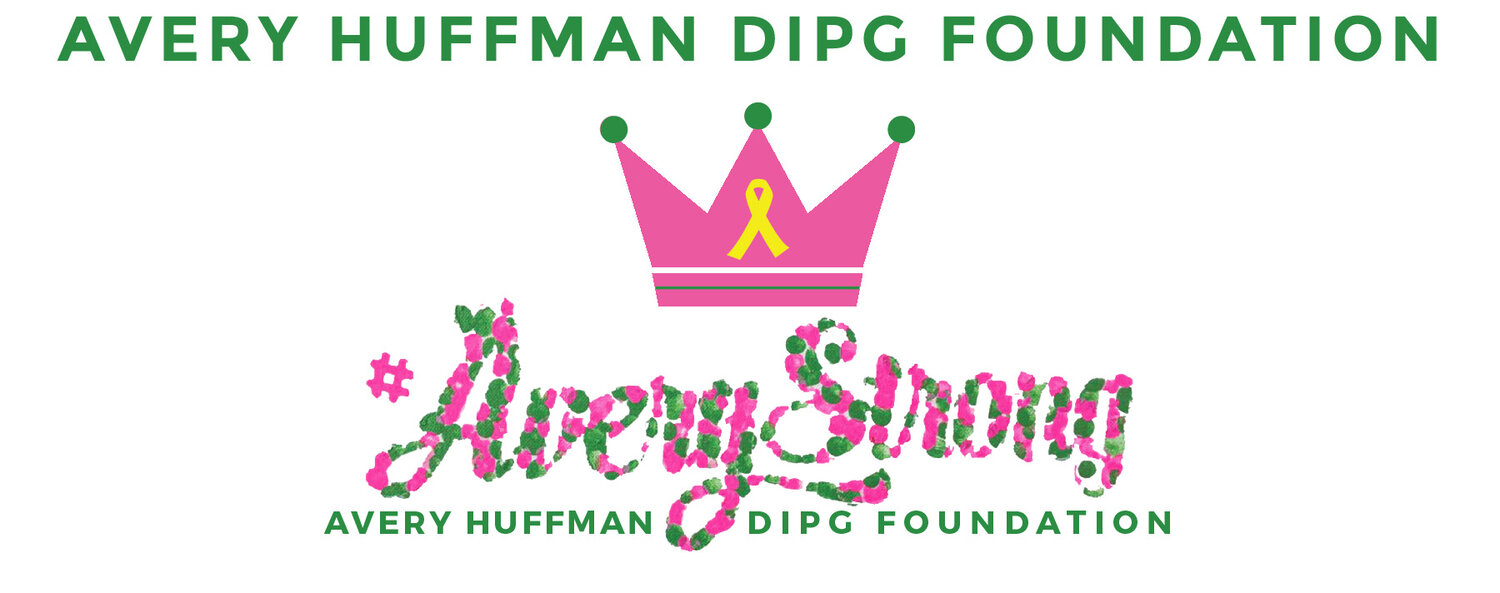Tissue Donation
Avery Huffman DIPG Foundation encourages tumor tissue donation by families, which is an essential component to furthering research into DIPG. If you are a family that wants to learn more about tissue donation options during and/or after treatment, there are resources available to help you through this process. There is no cost to you or your family to donate tumor tissue. As difficult as it may be to consider tissue donation during your child’s illness, it could be one of the greatest gifts you and your child can provide to make an impact on DIPG research. Families often draw comfort from the knowledge that their child has been able to make such an important contribution towards progress for DIPG.
Medical researchers gain valuable knowledge about the biology of DIPG tumors through collection of specimens during treatment (which can be drawn from samples that are already collected during the course of treatment for medical reasons), as well as through donations after a child has succumbed to his or her tumor. We know that DIPG tumors are biologically distinct from adult brain tumors or even other pediatric brain tumors; it is imperative that we gain an additional understanding of the particular characteristics of DIPG. By looking at tumor cell DNA, RNA, and proteins, we can better understand how these tumors form and grow, and learn more about the behavior and make-up of the tumor. This information can help doctors improve diagnosis and develop targeted treatments.
Historically, tumor tissue has been scarce because it was unusual to biopsy DIPG tumors and because arrangements for autopsy tissue donation were not often discussed or arranged. More recently, this trend has changed, and many families who are eager to Defeat DIPG have actively worked with their doctors to arrange for tissue donation that may provide the key to finding a cure for this disease. For other pediatric brain tumors, rapid discoveries have resulted from collaborative efforts to share data and tumor specimens. While there has been an increase in DIPG tumor tissue donations, there is still a serious need for more samples to facilitate further research developments for DIPG.

